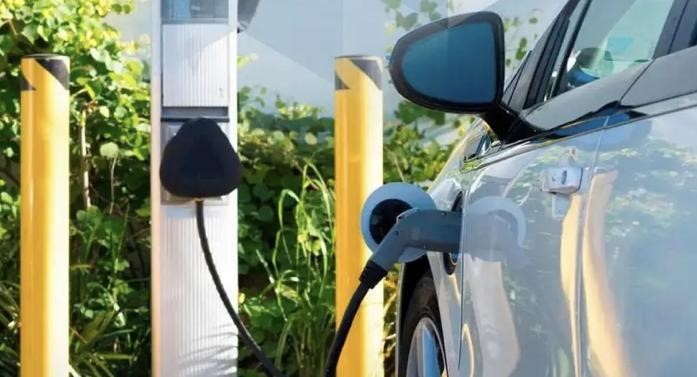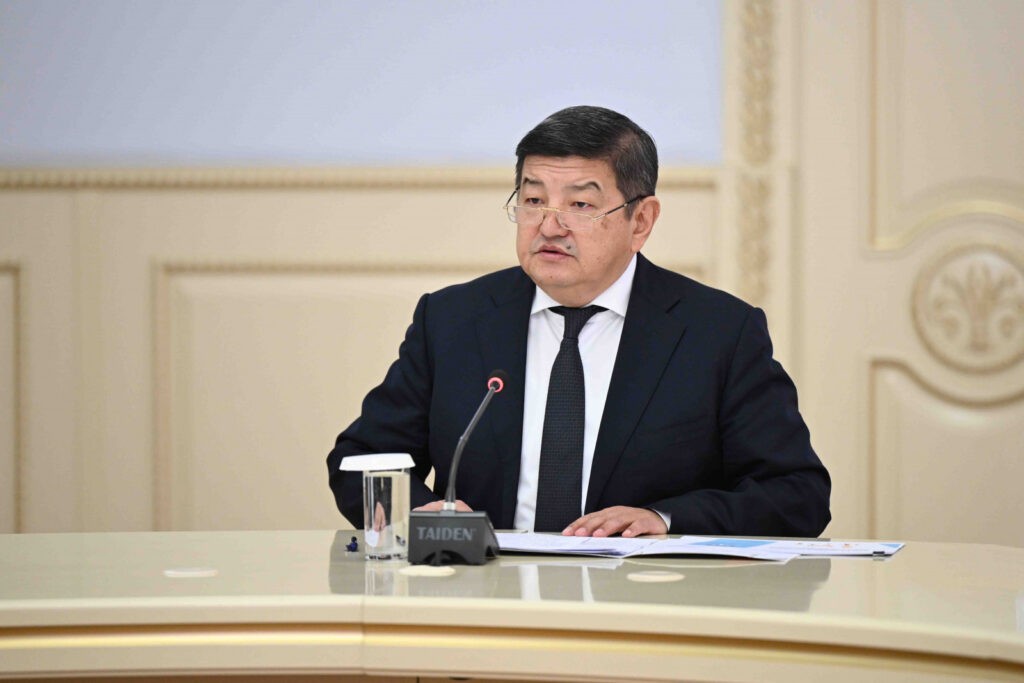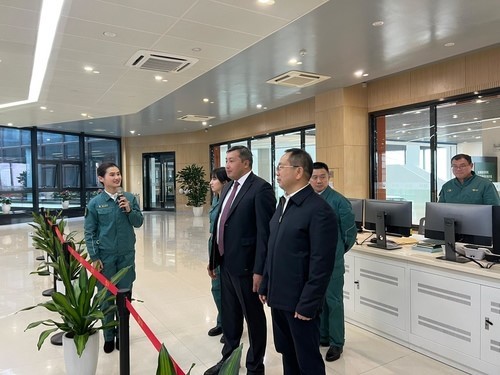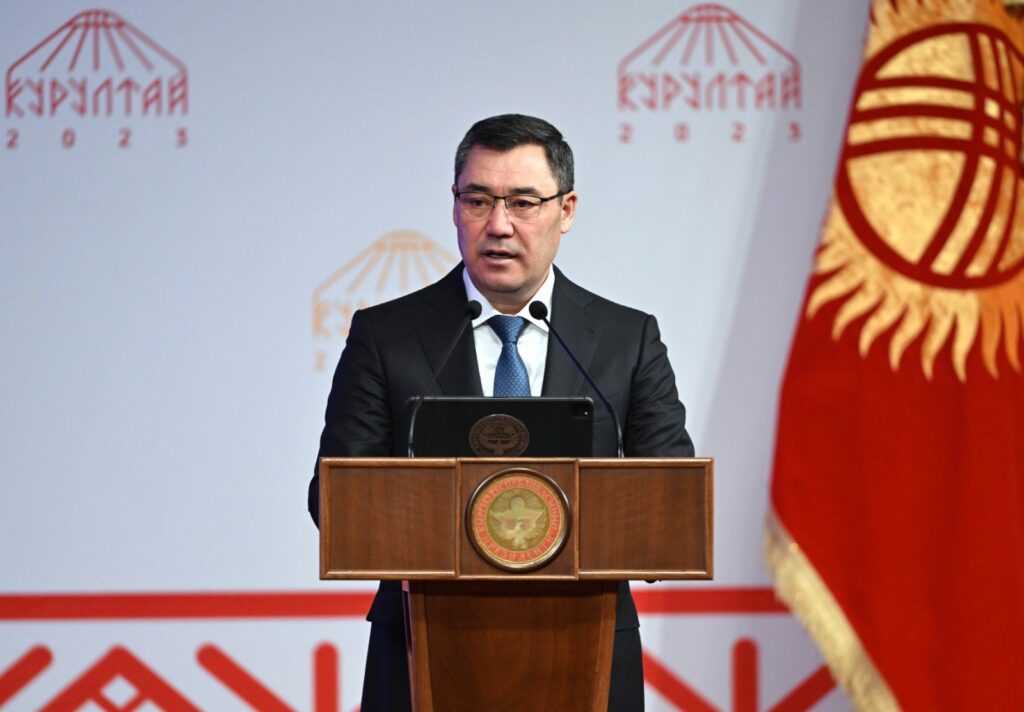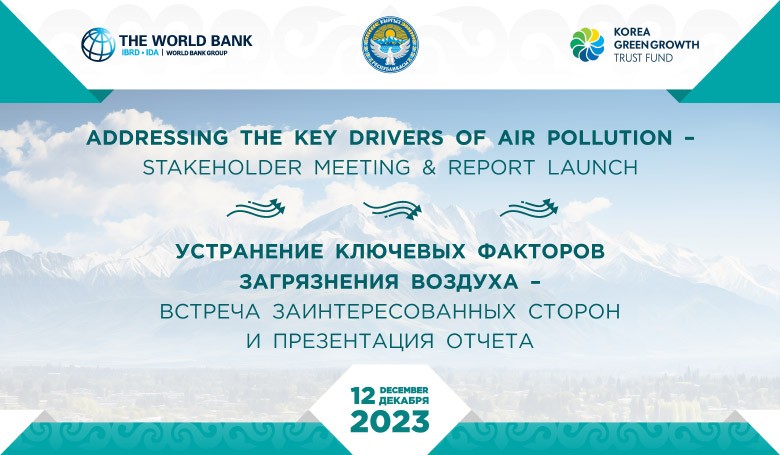Mazhilis Expanding Network of Charging Stations for Electric Vehicles
A draft law aimed at creating the necessary infrastructure for electric vehicles in Kazakhstan was presented at the meeting of the Mazhilis. Deputy Samat Musabayev noted that in 2022 a new world record for electric vehicles was set, with sales reaching over 7.8 million units. Forecasts also point to significant growth in sales of electric cars and hybrid vehicles worldwide in 2023, with about 17 million units expected to be sold. In the context of this trend, 7,793 electric vehicles were registered in Kazakhstan by the end of last year. The deputy noted that the increase in demand for environmentally friendly cars requires the development of appropriate infrastructure and improvement of the current legislation, which the proposed bill is aiming to rectify. The draft law aims to introduce new rules to ensure the installation of electric charging stations on roads, in residential and public areas. It also defines the competence of the authorities to locate electric charging stations, reserve the territory for them, and facilitates the parking and movement of electric vehicles. In addition, the bill provides for the exemption of electric car owners from parking charges. In addition, the deputies of the Mazhilis approved in its first reading a bill that provides for administrative liability for violating the rules of stopping or parking vehicles in places intended for recharging electric vehicles. The draft law "On amendments and additions to some legislative acts of the Republic of Kazakhstan on the popularization of environmentally friendly transport and the development of infrastructure for electric vehicles" was approved.


